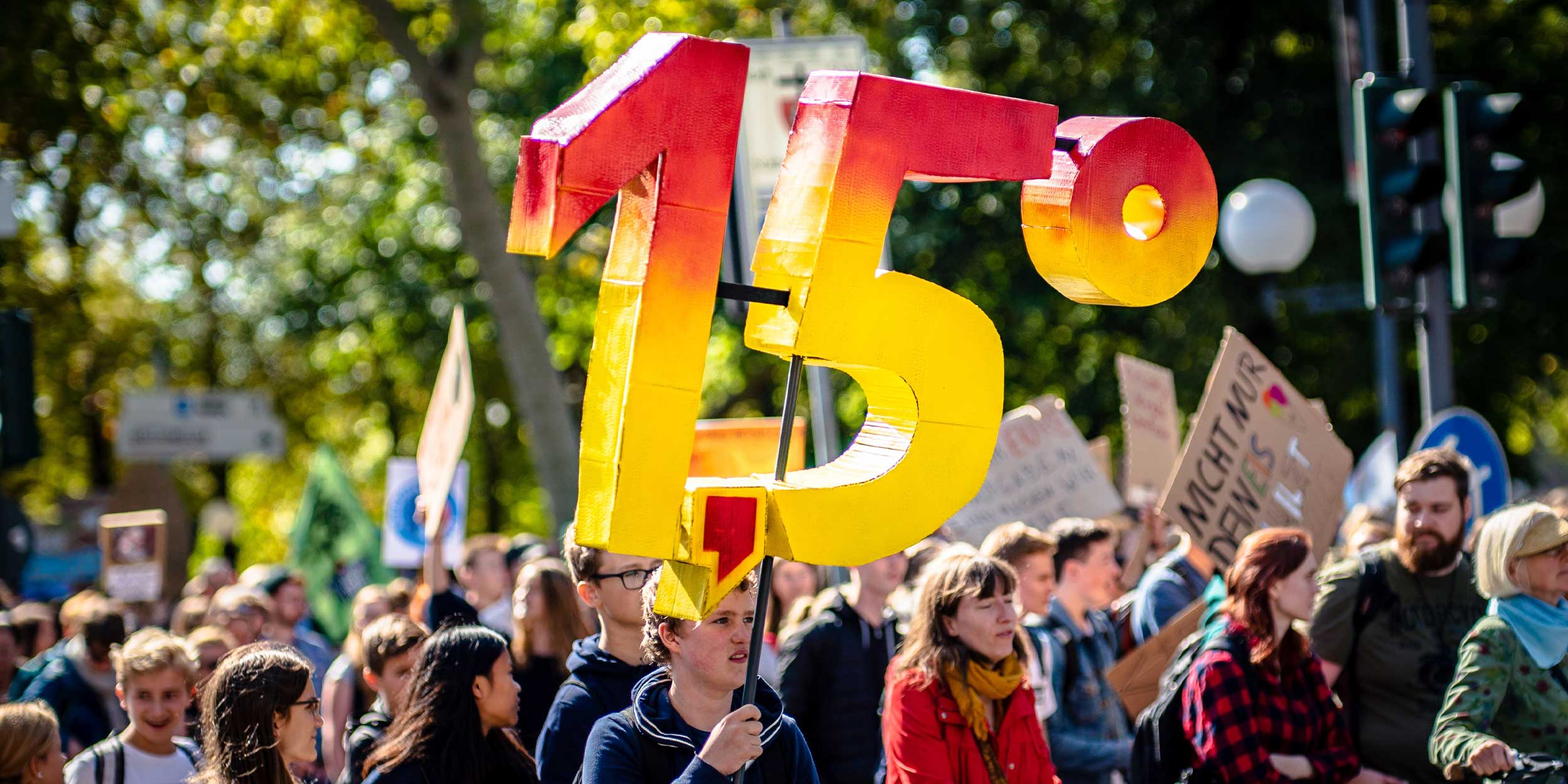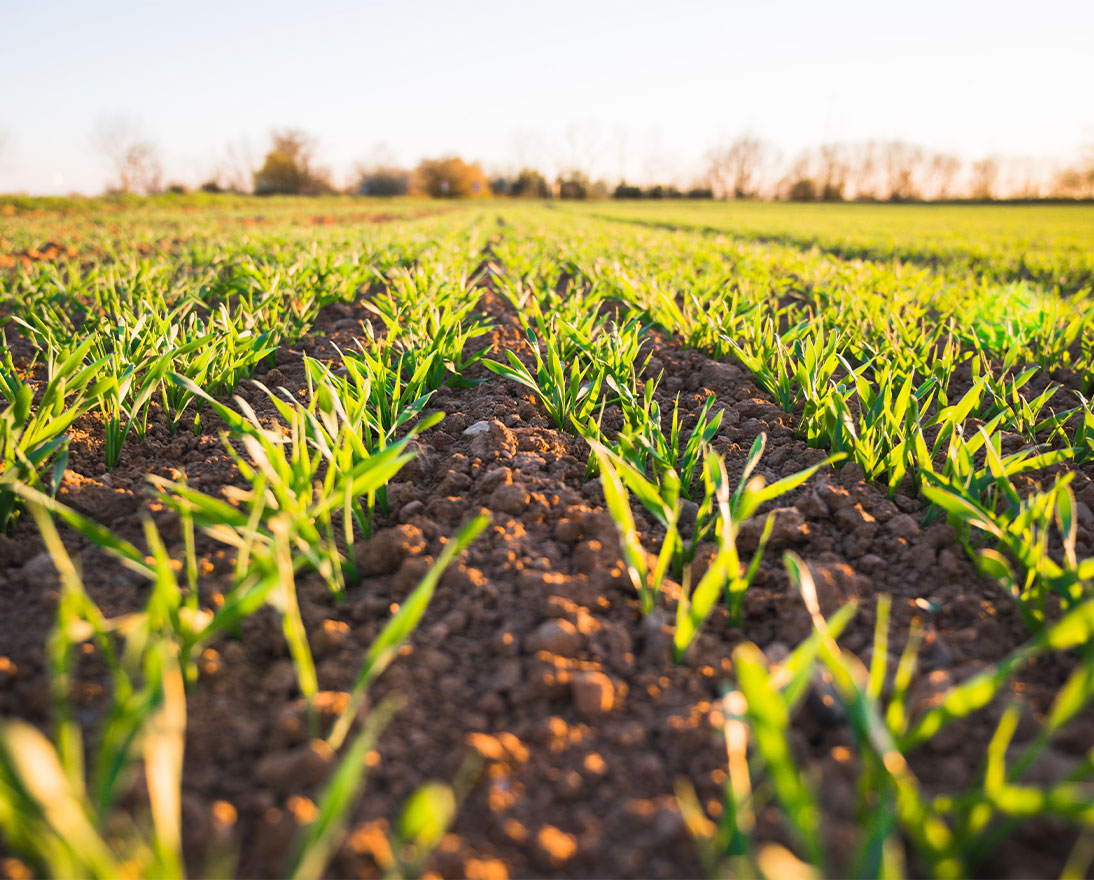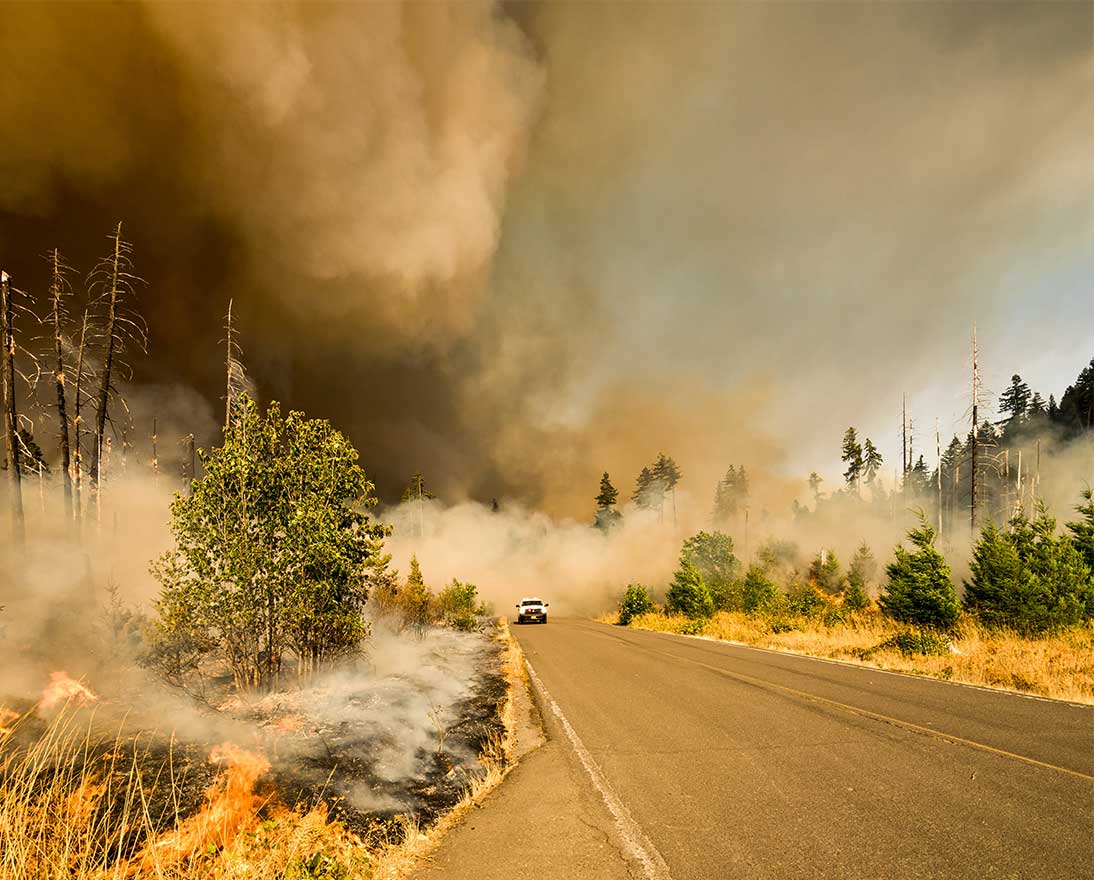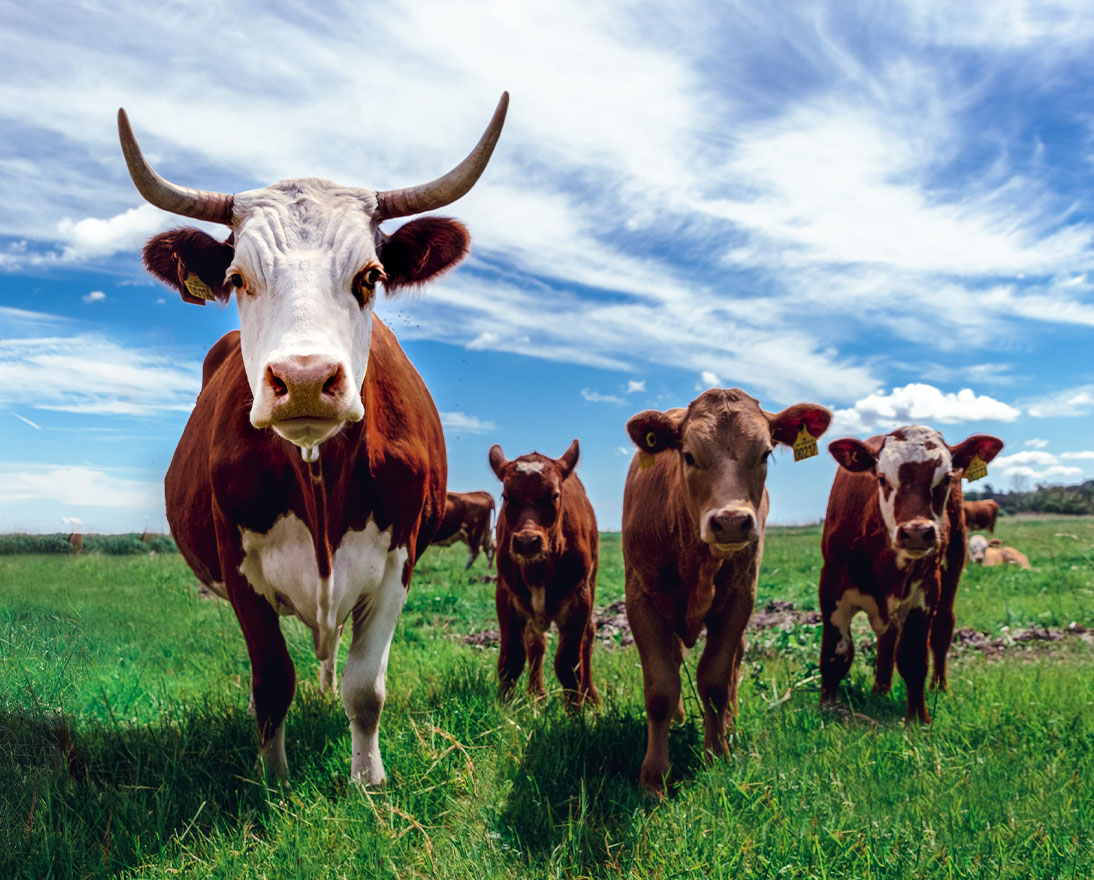6 things you need to know about COP26
SustainabilityArticleOctober 19, 20218 min read
COP26 has been called our last chance to tackle climate change. But what is it – and how can it help put the brakes on global warming?
1. COP26 is like the Eurovision of climate talks
The first COP (Conference of the Parties) was held in Berlin in 1995. It’s an annual global summit on climate change, and this year will be the 26th event. Hence the name, COP26. Since that first COP meeting, climate change has gone from a fringe issue to a global priority.
COP26 takes place from October 31 – November 12 in Glasgow, Scotland, and is the UK’s first time playing host, in partnership with Italy. It was originally planned for November 2020, but the pandemic forced a reschedule. COP26 is generally considered to be the most significant climate event since the 2015 Paris Agreement (COP21).
It’s not just for EU countries, though. Like the Eurovision Song Contest, COP has global membership. All 197 member nations (Parties) of the United Nations Framework Convention on Climate Change (UNFCCC) are invited with previous hosts including Japan, Morocco, and Qatar.
Unlike Eurovision, there’s no overall winner – other than the planet. The talks are a way for countries to set and stick to carbon reducing goals. That’s why it’s important to know what happens at COP26.
2. Climate activists and U.S President will take the stage
Around 200 politicians and up to 30,000 climate activists, influencers and experts are expected to show up. That includes broadcaster and natural historian Sir David Attenborough (Blue Planet), who will address world leaders as a people’s advocate.
Sadly both the Queen and the Pope had to cancel their plans to attend COP26 due to health reasons, but former U.S. President Barack Obama will attend along with current president Joe Biden. In a surprise U-turn, so will youth climate activist Greta Thunberg. Thunberg previously refused to attend due to concerns that delegates from poorer countries would not be able to go to the event due to a lack of access to COVID-19 vaccines. The UK has since offered to provide vaccines to all COP26 delegates who would be unable to get them otherwise.
Lots of people are also expected to attend side protests. Thousands – possibly as many as 500,000 – of demonstrators gathered in Madrid for COP25 in 2019 so the UK is bracing itself for one of its biggest police mobilizations.
3. You don’t have to go to Glasgow to get involved
The road to COP26 started months before the Glasgow conference. There was a youth summit called Youth4Climate where 400 young people aged 18-29 from member nations gathered in Milan at the end of September. The event offered young people the opportunity to develop concrete proposals for Pre-COP in Milan and COP26 in Glasgow.
That’s right, there was also a Pre-COP in Milan from September 30 to October 2. It was a preparatory meeting that provided a selected group of about 40 to 50 countries a more informal setting to discuss and exchange views on some key political aspects of the negotiations. It was essentially an opportunity for countries to introduce key ideas or buddy up on important issues ahead of the main event.
In the run-up to Glasgow conference, delegates and media around the world have also been highlighting ways we can all combat climate change, from recycling and reusing to re-thinking our place in Nature.
4. COP26 is already proving controversial
As you might expect, travel – particularly emissions-intensive air travel – is causing some concern with COP26 President Alok Sharma recently criticized for flying to 30 countries in seven months for climate discussions. However, the UK organizers are promising that COP26 will be a carbon-neutral conference, with sustainability at its core.
Delegates are encouraged to travel by train – the main COP venue is served by its own train station – with a special ‘Climate Train’ shuttling delegates from Amsterdam, Rotterdam and Brussels, via London, to Glasgow. The service could save up to 93 percent of CO2 per passenger over flying.
There’s still an argument for holding virtual events, however – especially as young people from 142 countries held Mock COP26 completely online during the pandemic.
5. The climate crisis is urgent
COP26 comes on the heels of a summer of climate chaos. Floods, droughts, heatwaves, and wildfires around the world show we urgently need to act on climate change. The conference will play a key role in how we respond.
In the 2015 Paris Agreement (signed at COP21 in France), almost all countries agreed to limit global warming to well below 2°C, preferably to 1.5°C, compared to pre-industrial levels. In his closing remarks, the then Secretary-General of the United Nations Ban Ki-moon, described these ambitions as “the floor, not the ceiling” and said the agreement would be reviewed every five years with “what is needed in line with science.” That moment is COP26 – but it’s come six rather than five years later due to the pandemic delay.
The recent report from the Intergovernmental Panel on Climate Change (IPCC) makes it abundantly clear that global warming of 1.5°C and 2°C will be exceeded this century unless deep reductions in CO2 and other greenhouse gas emissions occur in the coming decades.
That IPCC report came out in August 2021 and has increased pressure on COP26. As Sir David Attenborough says: “It is crucial that these meetings in Glasgow, COP 26, have success and that at last the nations will come together to solve the crippling problems that the world, the globe, now faces.”
6. There’s still time to make a difference
Talk of climate disasters and time running out can be scary to hear. But keep in mind that COP26 is an ideal opportunity to unite and act together.
It won’t just be left to politicians, either. Thousands of young people, activists and scientists will be adding their voice and keeping the eyes of the world firmly on Glasgow – and on any promises made there.
We all have a role to play to reduce emissions and help the planet by changing our behaviors – from what to eat and wear, to how we travel and heat our homes. And we can put pressure on businesses and government by what we buy, lobbying politicians, and how we vote.



